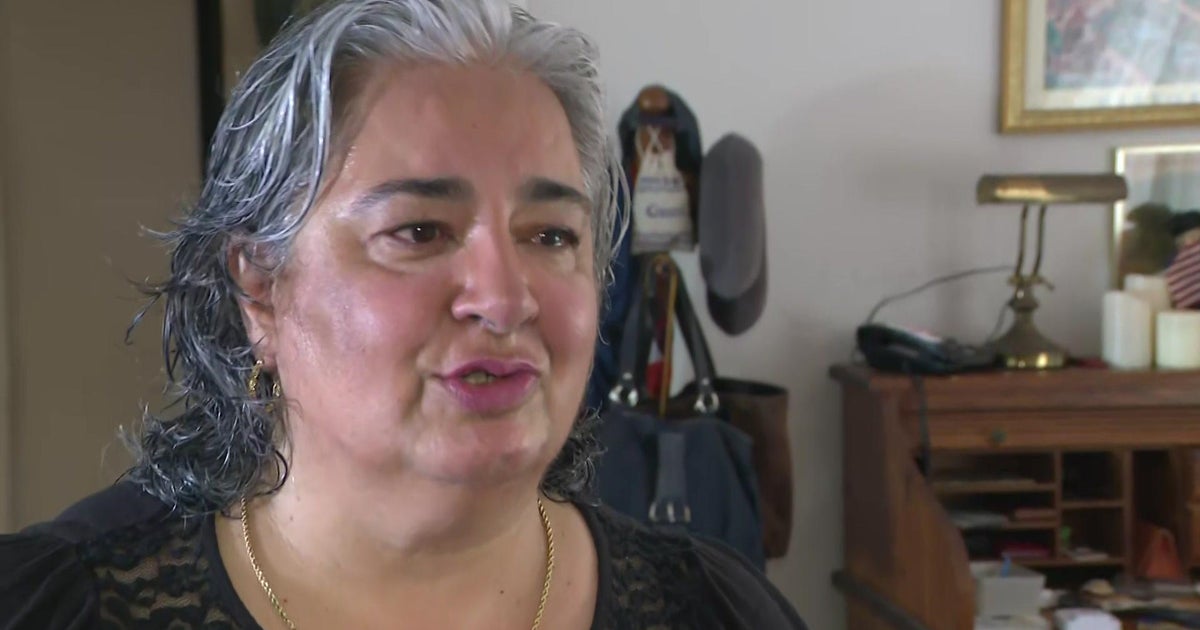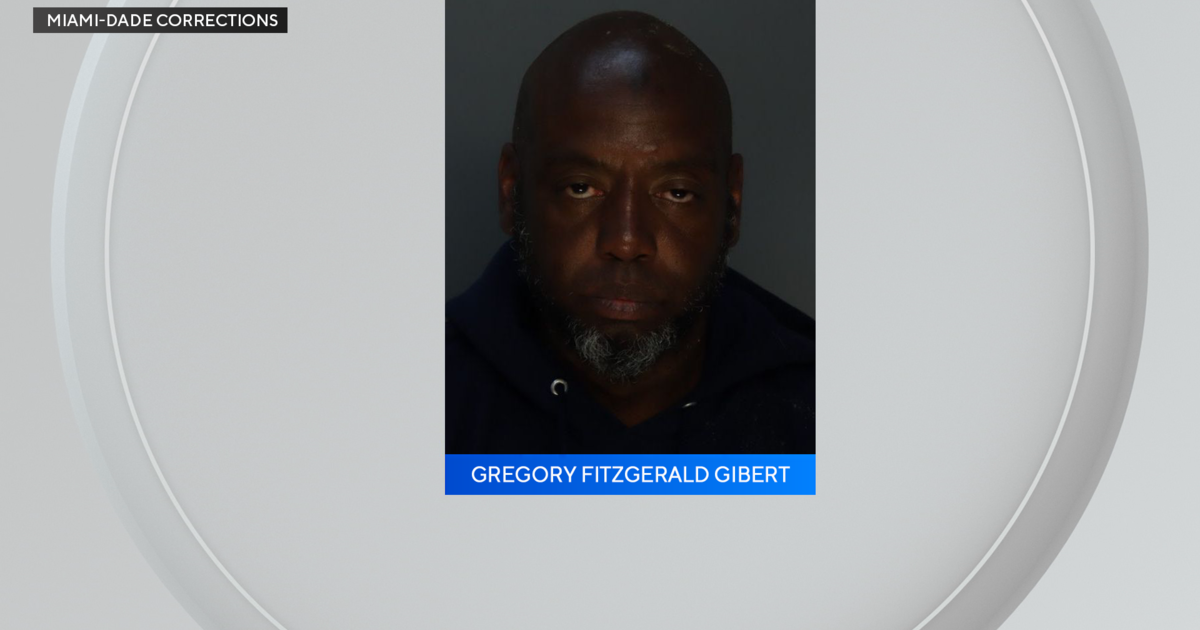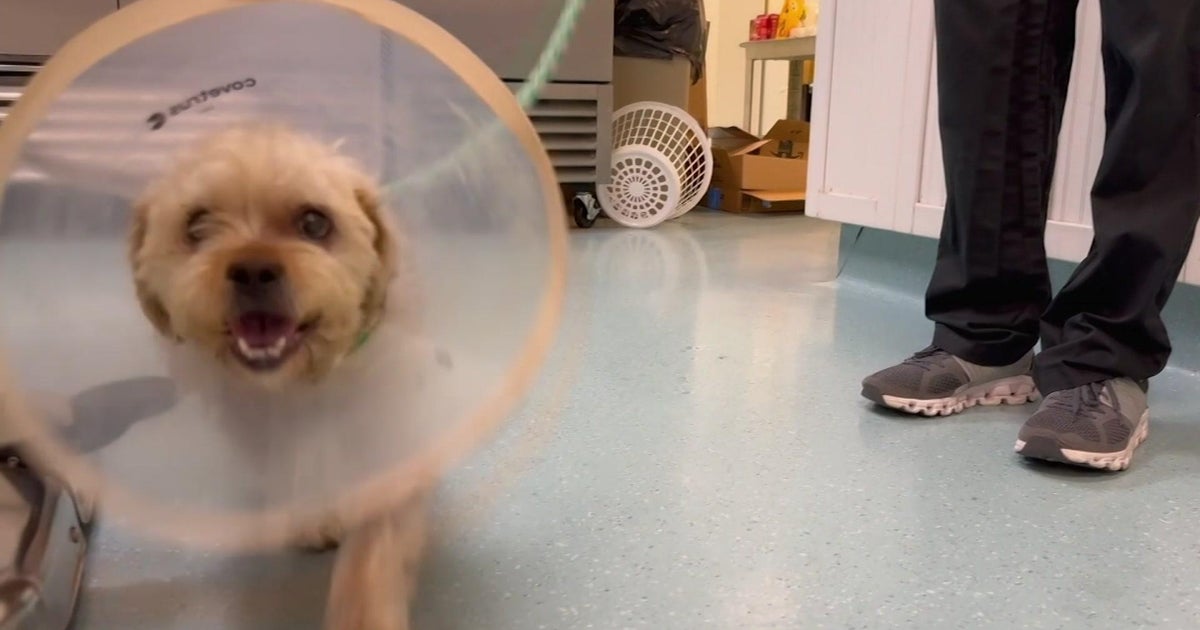Focusing On You: Cardiac Care At The University Of Miami Health System
Dr. Eduardo de Marchena is director of the International Structural Heart Interventional Training Program at UHealth, the University of Miami Health System. He practices at UHealth Tower in Miami, Florida. To make an appointment, call 305-243-5554. For more about minimally-invasive cardiac surgery options, visit the University of Miami's health news blog
ISABEL'S STORY
Isabel Vinueza Sullivan awoke one morning with slurred speech and numbness on one half of her body, turning an ordinary weekday into a pivotal life event for the otherwise healthy 26-year-old. In an emergency procedure, doctors from University of Miami Health System identified and removed a blood clot that was causing Isabel's stroke, and saved her life on the spot.
During a work up, an echocardiogram revealed the likely cause for Isabel's stroke: a small hole in her heart called a Patent Foramen Ovale (PFO). Dr. Eduardo de Marchena, an interventional cardiologist at UHealth, the University of Miami Health system, became the lead cardiologist for Isabel's case.
According to Dr. de Marchena, one in four people have this congenital heart defect, but most will not experience any difficulties or even know it's there. However, in a smaller percentage of the population, a combination of circumstances including a PFO could result in a stroke.
In Isabel's case, Dr. de Marchena and the interventional cardiology team felt the PFO had contributed to her stroke, and they believed closing it could prevent another stroke from happening in the future. Using a minimally invasive transcatheter technique, Dr. de Marchena's team used the newly-FDA approved Amplatzer device to close Isabel's PFO. This year, three peer-reviewed articles published in the New England Journal of Medicine supported the connection between PFO closure and stroke recurrence.
"I like to know my doctors are ahead of the game with the latest research. It's important to be with the best," says Isabel. She also praises the UHealth neurology and cardiology teams for their open communication and teamwork, saying, "The information sharing and the transparency between the teams sets them apart."
The prognosis after closure of the PFO is excellent in people like Isabel, and the chances of a repeat stroke are greatly reduced, says Dr. de Marchena. "In Isabel's case, nothing else other than the PFO should have caused the event, and she should be protected now that the hole is closed," he says.
In the two years since her stroke, Isabel has married and started a new career as a real estate agent with Douglas Elliman in Miami. She's feeling well and looking forward to what's ahead. "I live my life as I always did. I work out, I eat healthy, I go to work every day. I have no impairments," she says. "It's a miracle, actually. I sleep better at night knowing the closing the PFO makes it less likely that I'll have another stroke."
TRANSCATHETER PROCEDURES AT UHEALTH
Cardiovascular medicine has been revolutionized by procedures that produce good outcomes without requiring traditional open-heart surgery. Initially, these minimally invasive procedures were developed for high-risk patients, but some are now showing superior results for the general population. In addition to PFO closure, the following transcatheter procedures are offered at University of Miami Health System:
Aortic Value Replacement – Patients with aortic stenosis who are at high risk for open heart surgery are good candidates for a transcatheter aortic valve replacement. Researchers are currently studying the benefits of this procedure in low-risk patients as well.
Mitral Valve Clip – Interventional cardiologists use transcatheter techniques to insert a clip to in the mitral valve that prevents leakage in patients who are at high risk for traditional surgery.
Atrial appendage closure as an alternative to anticoagulants in patients with atrial fibrilation – In patients with atrial fibrillation who cannot tolerate anti-coagulation medicine, transcatheter techniques are used to insert a plug into a portion left atrium that will reduce the chance of stroke.
In addition, mitral valve replacement and tricuspid valve replacement using transcatheter techniques are in the pipeline.
FOCUSING ON YOU
Focusing on You: Innovations in Modern Medicine is a series of healthcare-related stories airing regularly on CBS-4. For more stories like this one, visit YouTube channels for UHealth, the University of Miami Health System.
Above content provided by UHealth, the University of Miami Health System.



